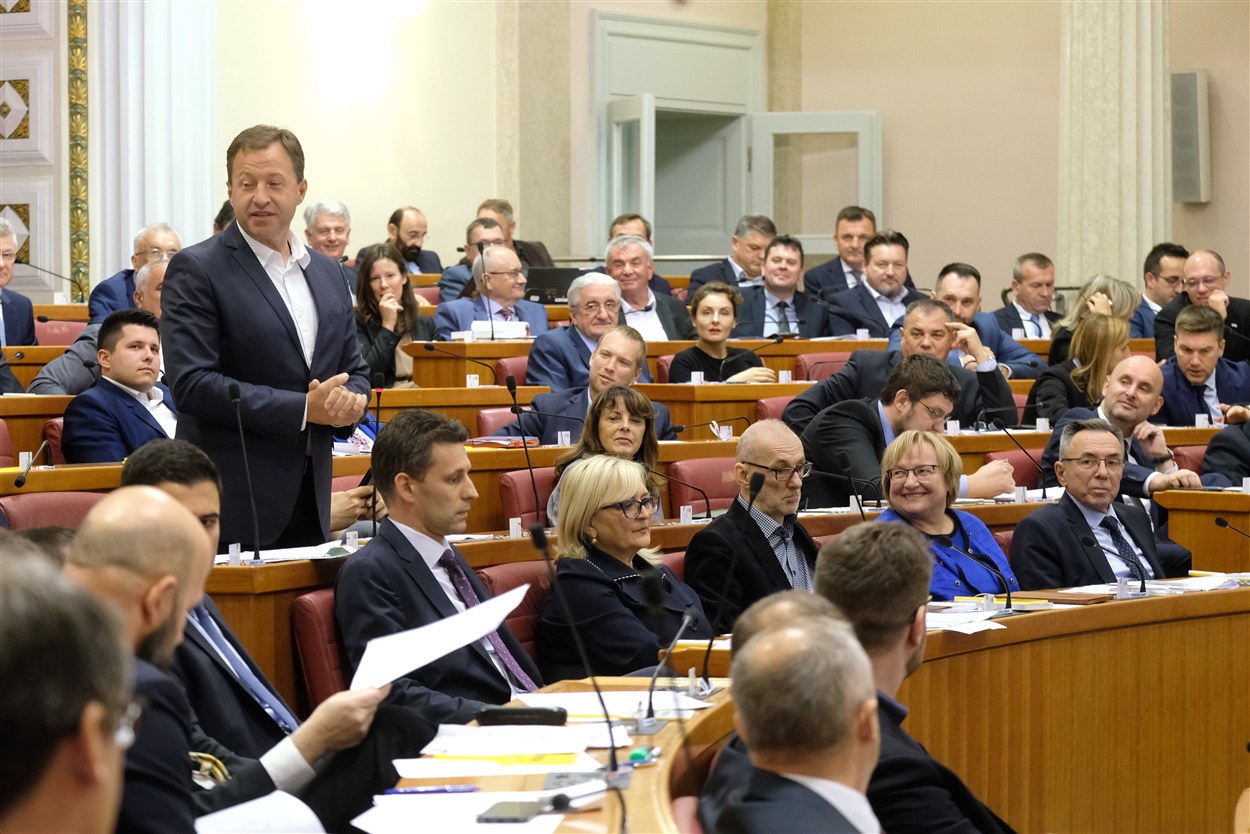
Zagreb - The Croatian Parliament on Friday voted in a set of nine tax laws making up the fourth tax reform which brings tax reliefs in the amount of HRK 2.4 billion.
The changes bring a lower, 13% VAT rate on food and dessert preparation and serving in and outside catering establishments, and a lower VAT rate for holders of phonographic rights.
As for income tax, the nontaxable income has been raised from HRK 3,800 to 4,000. Income tax for young people under 25 is reduced by 100% while income tax for young people aged 25-30 is cut by 50%.
As for-profit taxation, the limit for taxation with the higher, 18% rate, is raised from 3 to 7.5 million kunas, which means that 93% of entrepreneurs will pay taxes at a rate of 12%, while the current share of entrepreneurs is 85%.
The tax reform also keeps the standard VAT rate of 25%, the total financial effect of that measure being HRK 1.8 billion.
The fourth round of the tax reform brings tax reliefs in the amount of HRK 2.4 billion, and together with the three previous rounds, the total financial effect is HRK 9 billion in tax reliefs.
Parliament today also adopted amendments to the law on ferry transport and occasional coastal transport aimed at creating better conditions for the exercise of the right to transport concessions, particularly for the disabled and children with developmental disabilities.
SDP wanted to make parliamentary majority adopt a regulation on strike
The parliament also adopted a law to extend the government's power to define, by regulations, individual issues from within the parliament's remit at the time when the parliament is not in session, and it rejected the Social Democratic Party's (SDP) conclusion binding the government to increase the job complexity index for teachers by 6.11% by a regulation within the next seven days.
Sixty-nine MPs voted against the conclusion while 24 were in favour.
This way the SDP wanted to make the parliamentary majority state its position on the teachers' strike, said SDP whip Arsen Bauk, noting that HNS MPs did not take part in the vote on the SDP's conclusion.
Members of parliament also decided that a set of laws envisaging harsher penalties for domestic violence, faster criminal proceedings and enhanced protection for certain professions such as social workers and teachers, will receive a second reading.